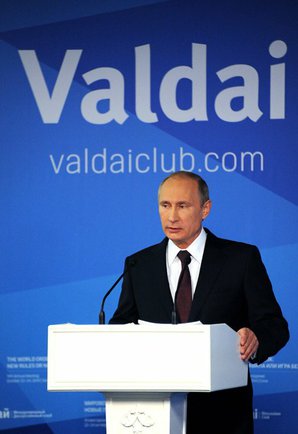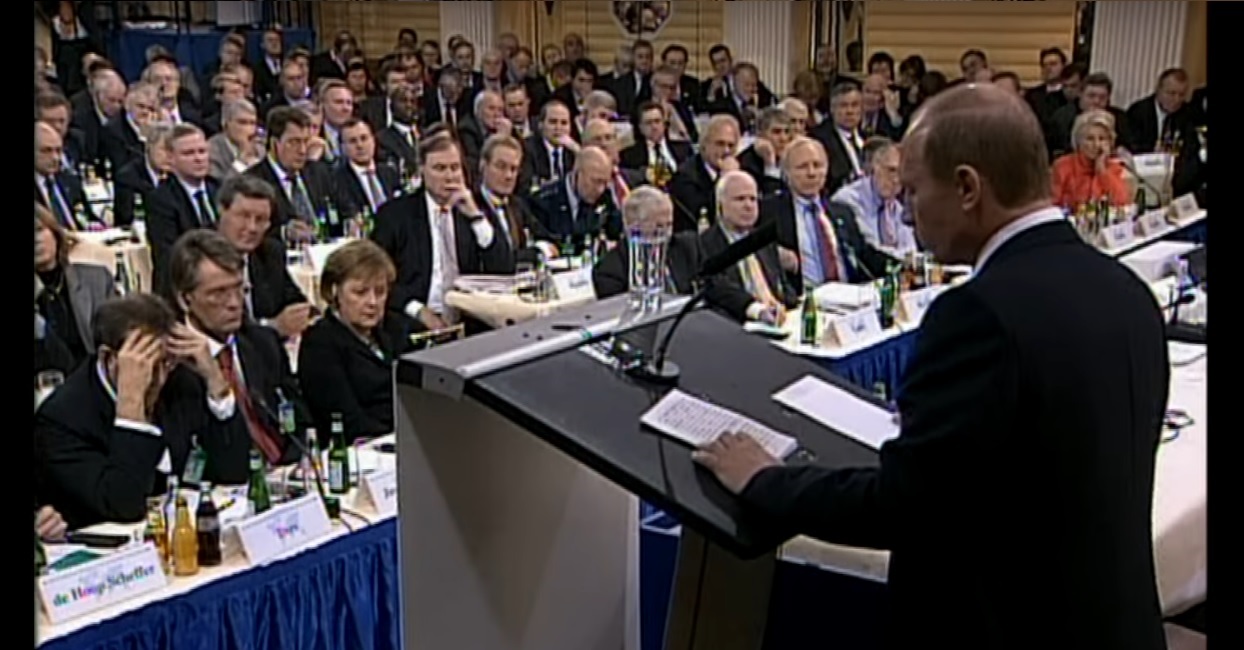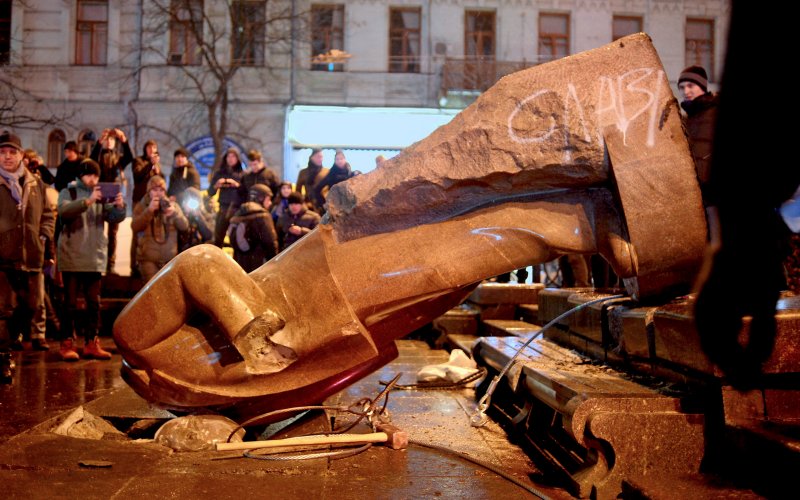Ten years ago this week, Vladimir Putin told the Munich Security Conference exactly what he intended to do to oppose the West and restore Russia’s greatness – “but the West didn't believe” what he said and even “laughed about it” as nothing more a reflection of the Kremlin leader’s personal grievance, Georgy Bovt says.
In a Komsomolskaya Pravda commentary on this anniversary, the Moscow commentator asks “what might it have been possible to avoid” if those listening to the Kremlin leader’s speech in 2007 had actually paid attention to “the main theses of the Russian president.”
And while Bovt is arguing that the West should not only have paid attention to Putin but agreed with him and acted on that agreement, his words point to a larger and more important problem: All too often, leaders of democratic countries find it convenient to explain away any comments they don’t like rather than think about they in fact portend.
The main target of Putin’s October 10, 2007 74-minute speech in Munich, Bovt says, was the United States which he attacked for its insistence on “a unipolar world” in which Washington could impose “its stereotypes” on all countries in the world. That was something Putin said that Russia would not permit and would fight against.
A decade ago, Putin challenged the idea that American anti-ballistic missile shields were being put in Europe to defend against rogue states in the Middle East. He said they were directed at Russia, and it is now clear that they were. Western officials now acknowledge that and say these shields are needed because of Moscow’s actions in Ukraine.
“If in 2007, the audience at the Munich conference had listened to Putin about the danger of the further enlargement of NATO to the east … then there wouldn't have been a Russian-Georgian war in August 2008 or even more the present Ukrainian crisis,” Bovt continues. But the West kept pushing and Moscow responded as Putin predicted it would.
In his Munich speech, the Moscow commentator continues, Putin argued that Moscow was considering leaving the conventional forces in Europe accord because in his view the West was in violation of it and that the OSCE had been “transformed into a vulgar instrument of the foreign policy interests of one group of countries toward another.”
Putin’s audience in Munich “didn't listen because he said what they did not want to hear,” Bovt says, noting that Putin declared that “unilateral and illegitimate actions have not resolved a single problem. On the contrary, they have become the generator of new human tragedies.”
 Putin has been clear in stating his intentions to stand up to the West in the name of Russia’s national interests in subsequent speeches as well. His Crimea speech in 2014, for example, contained “almost the very same theses” as in Munich one. As did his Valdai speech the same year.
Putin has been clear in stating his intentions to stand up to the West in the name of Russia’s national interests in subsequent speeches as well. His Crimea speech in 2014, for example, contained “almost the very same theses” as in Munich one. As did his Valdai speech the same year.
In that last one, Putin yet again reminded the world that “the Russian bear won’t give up its taiga,” something he had first made clear in Munich. Not everyone understood that then or now. And that, Bovt suggests, is too bad for the world.
Given how often Putin lies, it is of course always tempting to ignore his words if one doesn't like them or if responding to them would take too much effort and might not be needed. But as Bovt makes clear, albeit for a different purpose, ignoring what a dictator like Putin says is dangerous – because if his words are ignored, his promised actions may all too often follow.
Related:
- Putin said plotting a new refugee crisis to influence EU elections
- How Russia's use of deniable assets bamboozled western security services
- The OSCE silently pushing Russia's Eurasian project
- Putin's 'International of Lies' based on money, not ideas, Yakoveno says
- Putin creating 'an Anti-Globalist International' in Europe, Pastukhov says
- Russian trace in Paris bombing theory not as crazy as you might think





